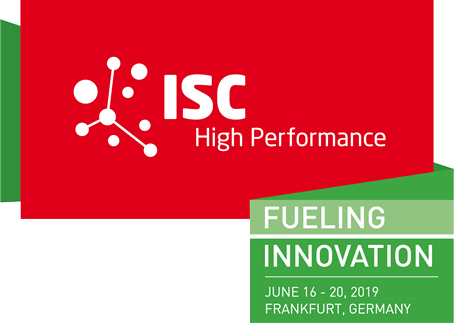Presentation
MaLTESE: Large-Scale Simulation-Driven Machine Learning for Transient Driving Cycles
Event Type
Research Paper

Communication Optimization
MPI
Networks
Programming Models & Languages
System Software & Runtime Systems
TimeWednesday, June 19th8:30am - 9am
LocationSubstanz 1, 2
DescriptionOptimal engine operation during a transient driving cycle is the key
to achieving greater fuel economy and reduced emissions. A large-scale simulation-driven
machine-learning approach is presented in this work to explore the parameter space for optimal engine performance and emissions. A parallel, fast, robust,
physics-based reduced-order engine simulator is used to obtain performance and
emission characteristics of engines over a wide range of control parameters under
various transient driving conditions (drive cycles). We scale the simulation up to
3,096 nodes of the Theta supercomputer at the Argonne Leadership Computing
Facility to generate data required to train a machine learning model. The trained
model is then used to predict various engine parameters of interest and compared
with results predicted by the engine. Our results show that a deep neural-network-
based surrogate model achieves a high accuracy: Pearson product-moment cor-
relation coefficient values larger than 0.99 and mean absolute percentage error
within 1.07% for various engine parameters such as exhaust temperature, exhaust
pressure, nitric oxide, and engine torque. Once trained, the deep-neural-network-
based surrogate-model is fast for inference: it requires about 16 microseconds for
predicting the engine performance and emissions for a single design configuration
as compared with about 0.5 second per configuration with the engine simulator.
Moreover, we demonstrate that transfer learning and retraining can be leveraged
to incrementally retrain the surrogate model to cope with new configurations that
falls outside the training data space.
to achieving greater fuel economy and reduced emissions. A large-scale simulation-driven
machine-learning approach is presented in this work to explore the parameter space for optimal engine performance and emissions. A parallel, fast, robust,
physics-based reduced-order engine simulator is used to obtain performance and
emission characteristics of engines over a wide range of control parameters under
various transient driving conditions (drive cycles). We scale the simulation up to
3,096 nodes of the Theta supercomputer at the Argonne Leadership Computing
Facility to generate data required to train a machine learning model. The trained
model is then used to predict various engine parameters of interest and compared
with results predicted by the engine. Our results show that a deep neural-network-
based surrogate model achieves a high accuracy: Pearson product-moment cor-
relation coefficient values larger than 0.99 and mean absolute percentage error
within 1.07% for various engine parameters such as exhaust temperature, exhaust
pressure, nitric oxide, and engine torque. Once trained, the deep-neural-network-
based surrogate-model is fast for inference: it requires about 16 microseconds for
predicting the engine performance and emissions for a single design configuration
as compared with about 0.5 second per configuration with the engine simulator.
Moreover, we demonstrate that transfer learning and retraining can be leveraged
to incrementally retrain the surrogate model to cope with new configurations that
falls outside the training data space.
